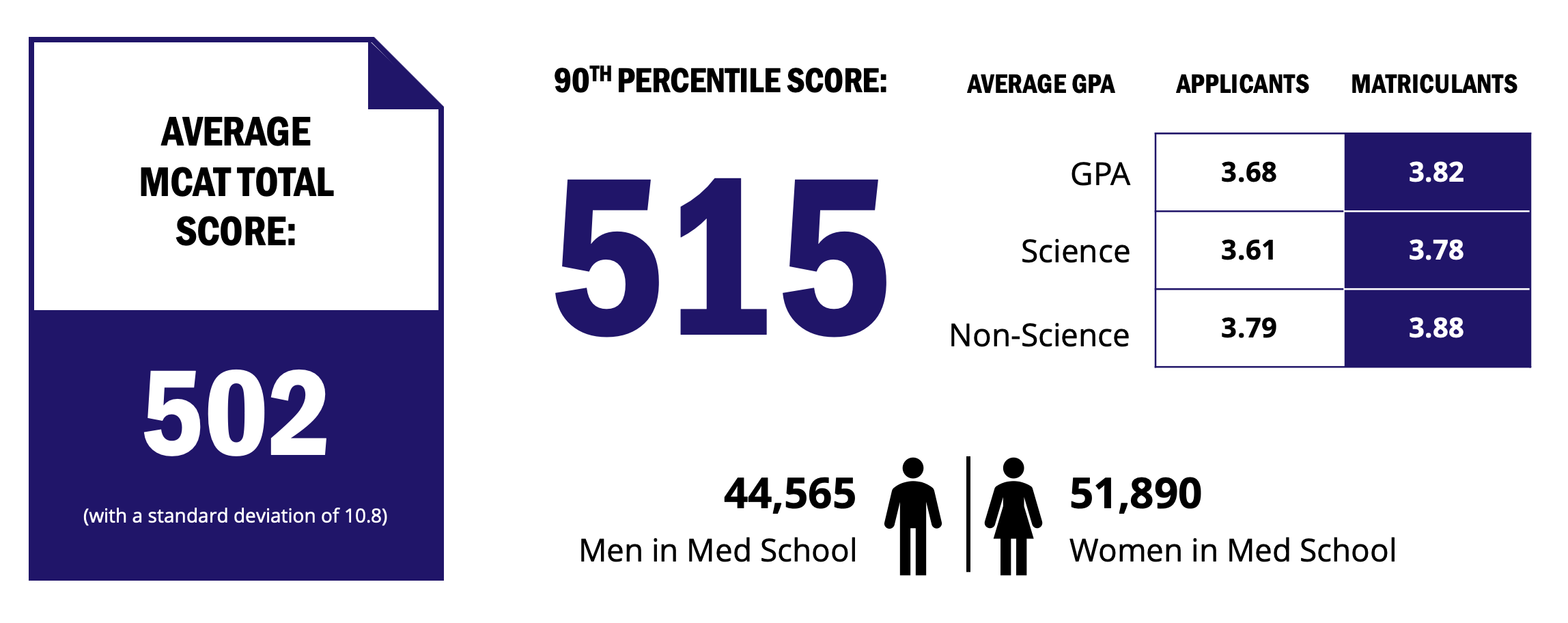A (Not So) New Avenue to Challenge Misleading Rx Promotion – NAD

(Caution: Links in the first paragraph are a wild musical ride. Click at your own risk)
For those of you that review Rx ad/promo materials, it’s a familiar scenario: Marketing has come to the Legal Department with significant concerns about competitor activities – consumers are being misled. Legal has already drafted a cease and desist letter on the matter (to which the competitor has essentially said “pound sand”), and Legal has also drafted and submitted a trade complaint to FDA that has not produced any action to speak of. Despite Marketing’s insistence, the company does not really have an appetite to take on the costs and risks associated with protracted litigation (which may not even provide the requested relief).
Enter the National Advertising Division (NAD). NAD, a part of the Better Business Bureau’s National Programs, is an independent non-profit organization that oversees several industry self-regulatory programs for advertising and privacy practices. Since 1971, NAD has assessed the truthfulness and accuracy of advertising claims, with inquiries initiated by consumers, competitors, trade associations, or NAD itself. If NAD determines that a claim is false, inaccurate, or lacks adequate substantiation, NAD generally recommends that the advertiser revise or discontinue the claim. If the advertiser does not agree to do so, or refuses to participate in NAD’s review process, then NAD refers the case to a regulatory agency (typically the FTC).
Given NAD’s historical association with consumer products, we were surprised to see its announcement of a recent decision regarding claims Novartis made for its breast cancer drug, Kisqali (ribociclib). We were not alone; the trade press also picked up the unusual decision. NAD’s inquiry, brought about by a complaint from Eli Lilly (which markets a competitive drug, Verzenio (abemaciclib)), evaluated both express and implied claims made by Novartis to healthcare professionals and consumers that patients with HR+/HER2- metastatic breast cancer will live longer taking Kisqali than with other available treatments, including Verzenio. NAD found that while claims in healthcare professional facing advertising had a reasonable basis, similar claims in consumer-facing materials constituted inappropriate comparative superiority messaging. NAD’s final decision articulated that, “The degree of sophistication of the target audience is a factor in determining the reasonable message conveyed by the advertising.”
Laura Brett, Vice President and New York Office Leader at BBB National Programs confirmed that NAD has always been able to review prescription pharmaceutical claims, even if it has been underutilized in doing so. While not commenting on any pending cases, Ms. Brett confirmed that the Lilly/Novartis case is one of the firsts for NAD and NAD welcomes the opportunity to review more of these types of challenges.
The NAD process may “scratch the itch” for companies seeking lower cost options that produce results. Every case opened by NAD concludes with a decision. And those decisions accomplish a number of important objectives – including publicizing noncompliance. NAD offers three tracks for reviews, with a “Fast-Track SWIFT” option delivering decisions in 20 business days; a Standard Track that typically takes 4-6 months, and a Complex Track where timing to decision is determined by the parties. Each track comes with a not-quite-inconsequential filing fee that covers some of the administrative costs associated with the advertising review process. Given the drop in OPDP enforcement letters, NAD may represent a new venue for industry looking to challenge competitor Rx drug DTC advertising claims.


